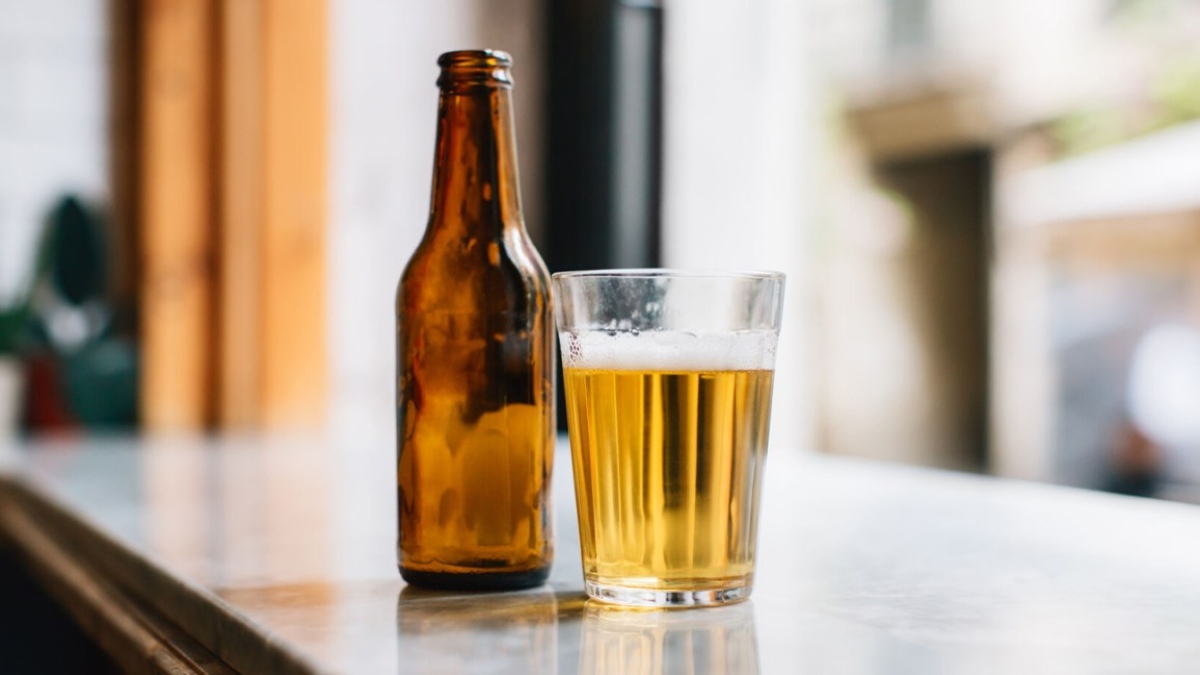During a recent qualitative study, six strategies have been identified that recovering alcoholics use to negotiate social situations and remain sober, depending on how they feel about stigmas associated with drinking and alcoholism.
The paper, “How People in Recovery Manage the Stigma of Being an Alcoholic,” appears in the journal Health Communication. The paper was co-authored by Mary Obiol, an undergraduate researcher at NC State. “There is a stigma in the United States associated with not drinking socially,” says Lynsey Romo, corresponding author of the study and an associate professor of communication at North Carolina State University.
“There really is no clear guidance for people in recovery on how to deal with stigmas associated with drinking and alcohol abuse, and a lot of people in recovery grapple with shame and other issues associated with these stigmas..”
For the study, researchers conducted in-depth interviews with 22 U.S. adults who have been sober for at least 10 years.
The researchers identified six strategies for managing stigma. Specifically, the researchers found that the strategies study participants chose depended both on whether they believed there was a societal stigma against alcoholism and whether they felt such a stigma applied to them. The six strategies were: Accepting the stigma: In this strategy, participants felt there was a societal stigma and that it applied to them, essentially incorporating the stigma into their identity. Coping behaviours here might include using self-deprecating humour about the subject. The second one is evading responsibility for the stigma: This strategy involved participants accepting that the stigma applied to them, but minimizing their personal responsibility. That means, for example, blaming it on hereditary factors or other factors beyond their control.
Third: Reducing offensiveness of stigma: This involved accepting that a stigma applied to them but focusing on the value and importance of recovery, as well as how they have changed for the better since entering recovery. Fourth: Avoiding the stigma: In this strategy, participants accepted that the public stigmatizes alcoholism, but did not think the stigma applied to them. This distances the individual from the stigma because they don’t identify with the label of alcoholism.
The fifth one is Denying the stigma: This strategy challenges both the public understanding of stigma and whether it applies to them. Essentially, participants utilizing this strategy believe that nobody is perfect and other people don’t have the right to judge them. They also focus on the fact that they’re in recovery, which is an accomplishment in itself.
And the sixth one is ignoring/displaying the stigma: This strategy also challenges both the public understanding of stigma and whether it applies to them. Participants using this strategy are open about their experiences and engage in advocacy to educate others and combat stereotypes about alcoholism and recovery.
This study is part of a larger body of work that makes clear alcoholism is still stigmatized in society. And other research suggests that the more people buy into these stigmas, the more likely they are to struggle with relapses.




















